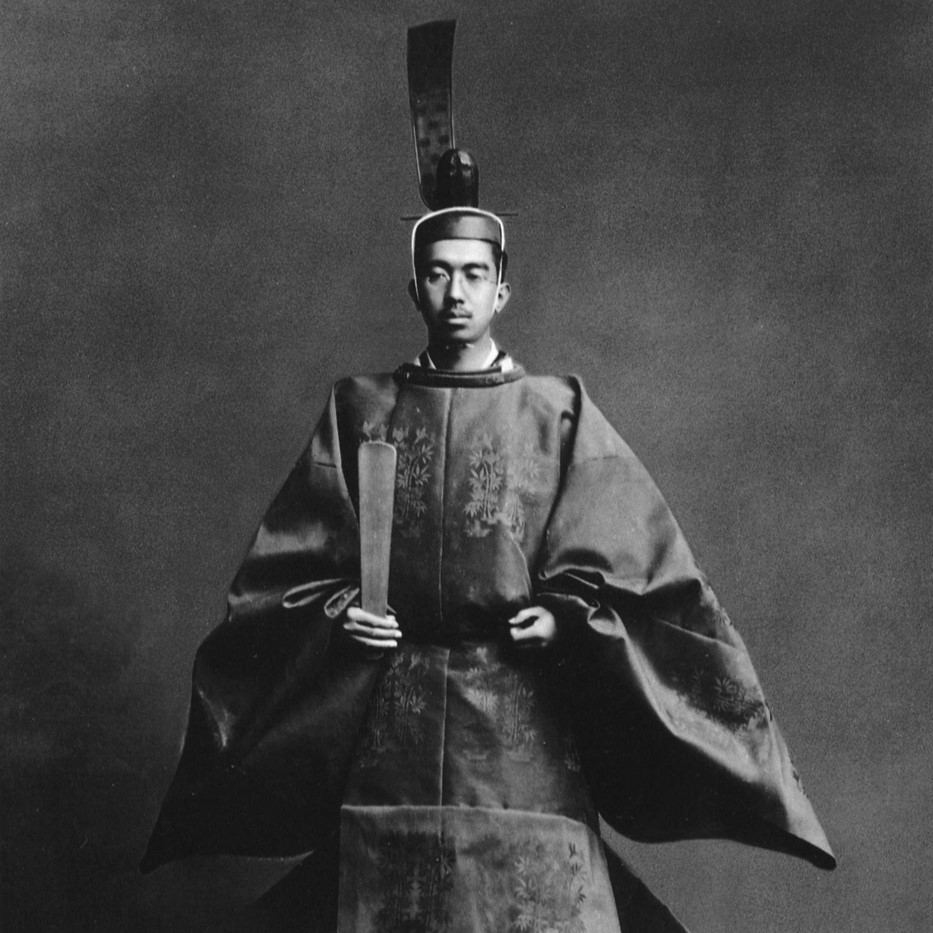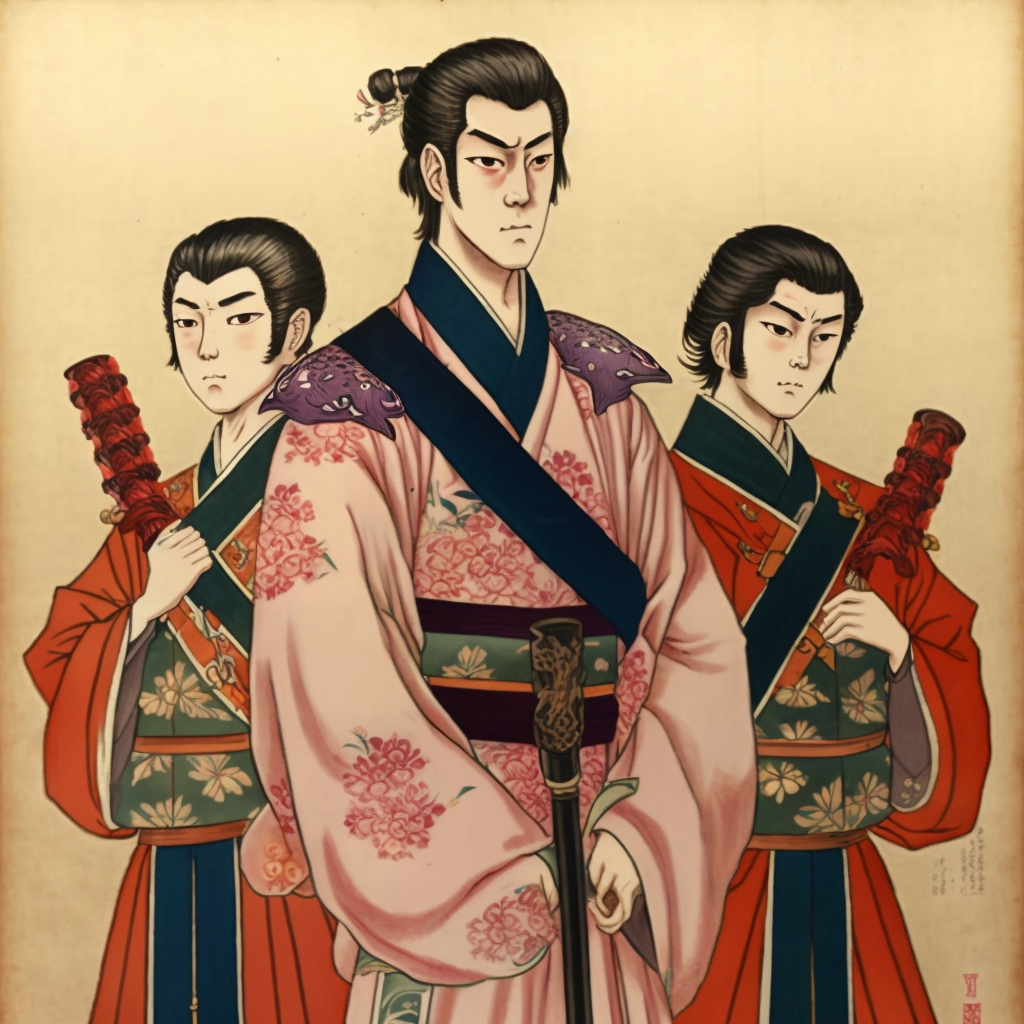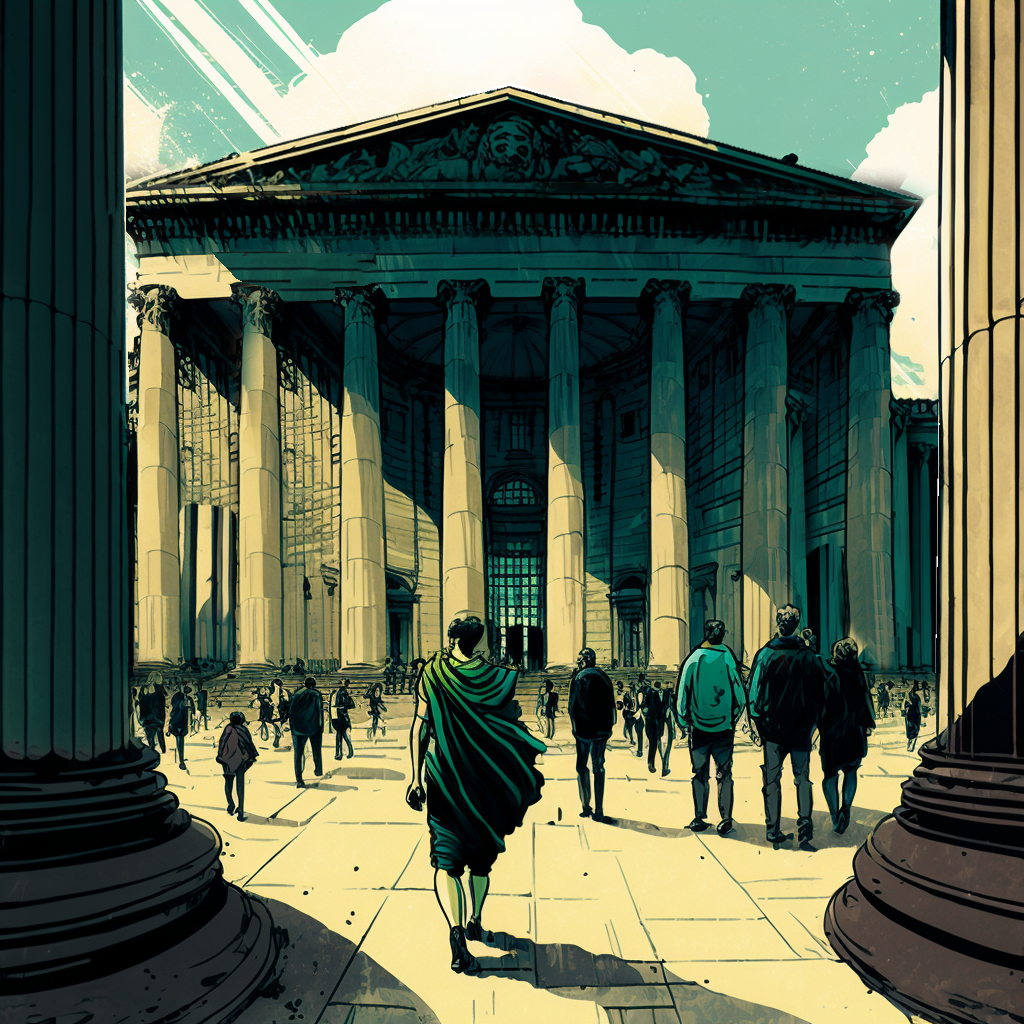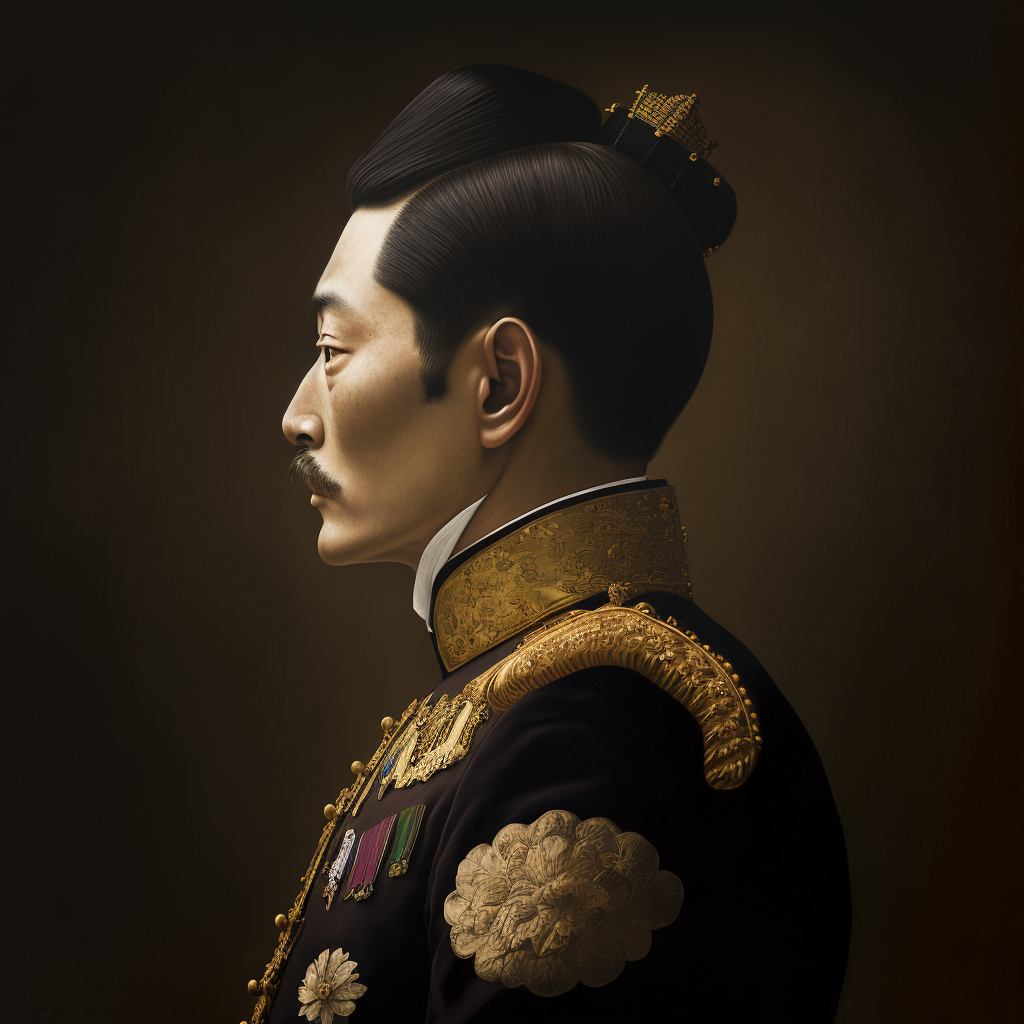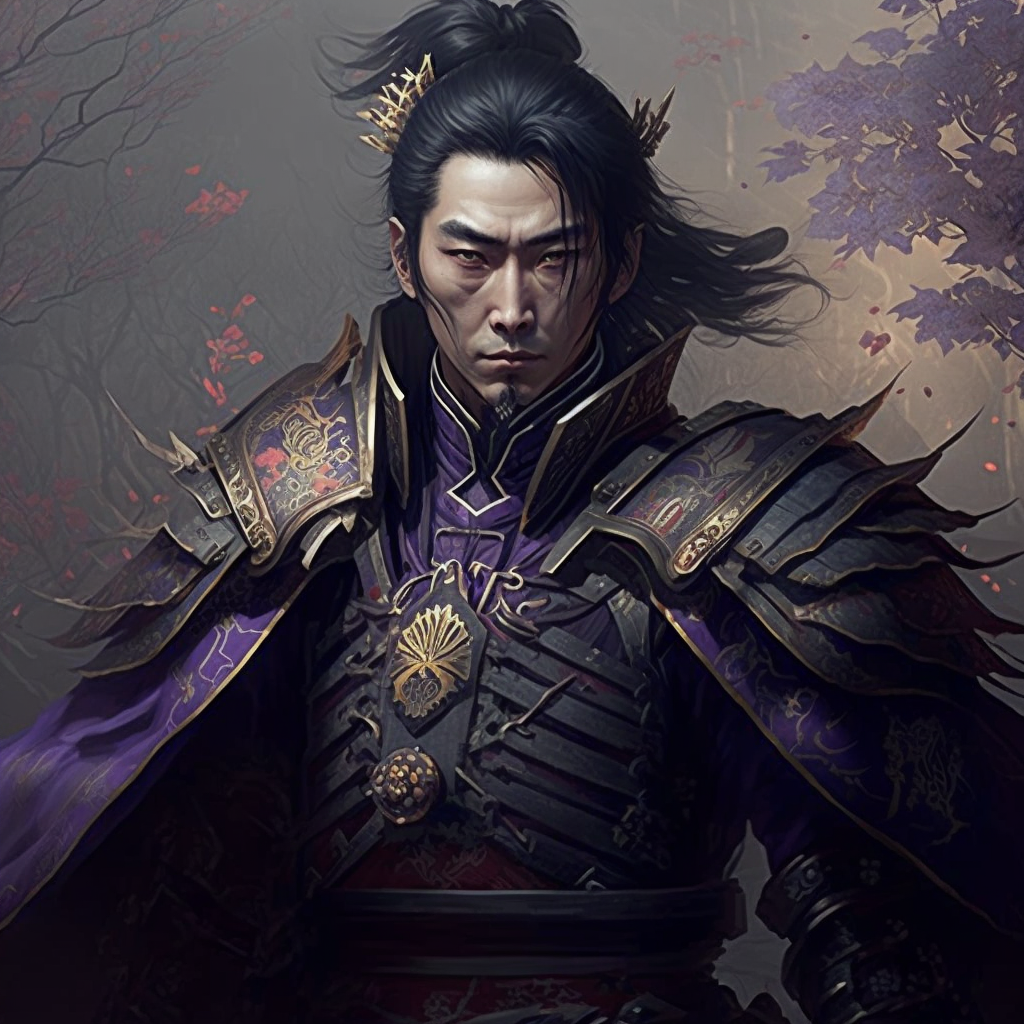The Showa period (“the era of enlightened peace”) extends from 1926 to 1989. It is a key period in Japanese history. This era was marked by many important events. Notably the Second World War and the reconstruction that followed, as well as significant economic, political and cultural changes.
Historical Context of the Showa Period
The Showa period began in 1926, when Emperor Hirohito took the throne of Japan. The country was then in the grip of a serious economic crisis. It led to a period of political and social unrest. In 1931, Japan invaded Manchuria, a region of China. This led to increased tensions between the two countries. In 1941, Japan attacked Pearl Harbor, leading to the United States’ entry into World War II.
The war had disastrous consequences for Japan, with significant human and material losses. In 1945, atomic bombs were dropped on Hiroshima and Nagasaki. This results in the surrender of Japan and the end of the war.
The post-war period was marked by a period of reconstruction. There were considerable efforts to rebuild destroyed cities and revive the Japanese economy. This period was also marked by significant political changes. Particularly with the adoption of a new constitution in 1947. This established a democratic parliamentary regime.
Culture and society
The Showa period was also marked by significant cultural changes. During the 1950s and 1960s, Japan experienced a period of rapid economic growth. It is known as the “economic miracle”. This period was marked by strong demand for consumer goods. This led to the emergence of a culture of mass consumption.
Popular culture also experienced significant growth during this period. Particularly with the broadcast of television and the arrival of manga and anime. The 1960s were also marked by significant social movements. Such as the student movement of 1968, which called for radical reform of the Japanese education system.
Foreign policy during the Showa Period
Japan’s foreign policy during the Showa period was largely influenced by the events of World War II. After the war, Japan renounced its expansionist policy. The country has adopted a position of neutrality in global conflicts.
Japan has also sought to strengthen ties with the United States. They have become an important ally in the country’s defense and economic development. Japan has also worked to establish closer relations with neighboring Asian countries, particularly South Korea.
Conclusion
The Showa period was marked by many important events in Japanese history. Notably the Second World War and the reconstruction that followed. This period was also marked by significant changes in the country’s culture, society and politics.
Although the Showa period is often associated with dark times in Japanese history, it was also the scene of many significant advancements and achievements. The reconstruction period allowed Japan to become one of the world’s leading economic powers. While Japanese popular culture has enjoyed worldwide fame.
Today, the Showa period continues to have an important influence on Japanese culture and society. The events of this period left a lasting mark on the country. They helped shape modern Japanese identity.

